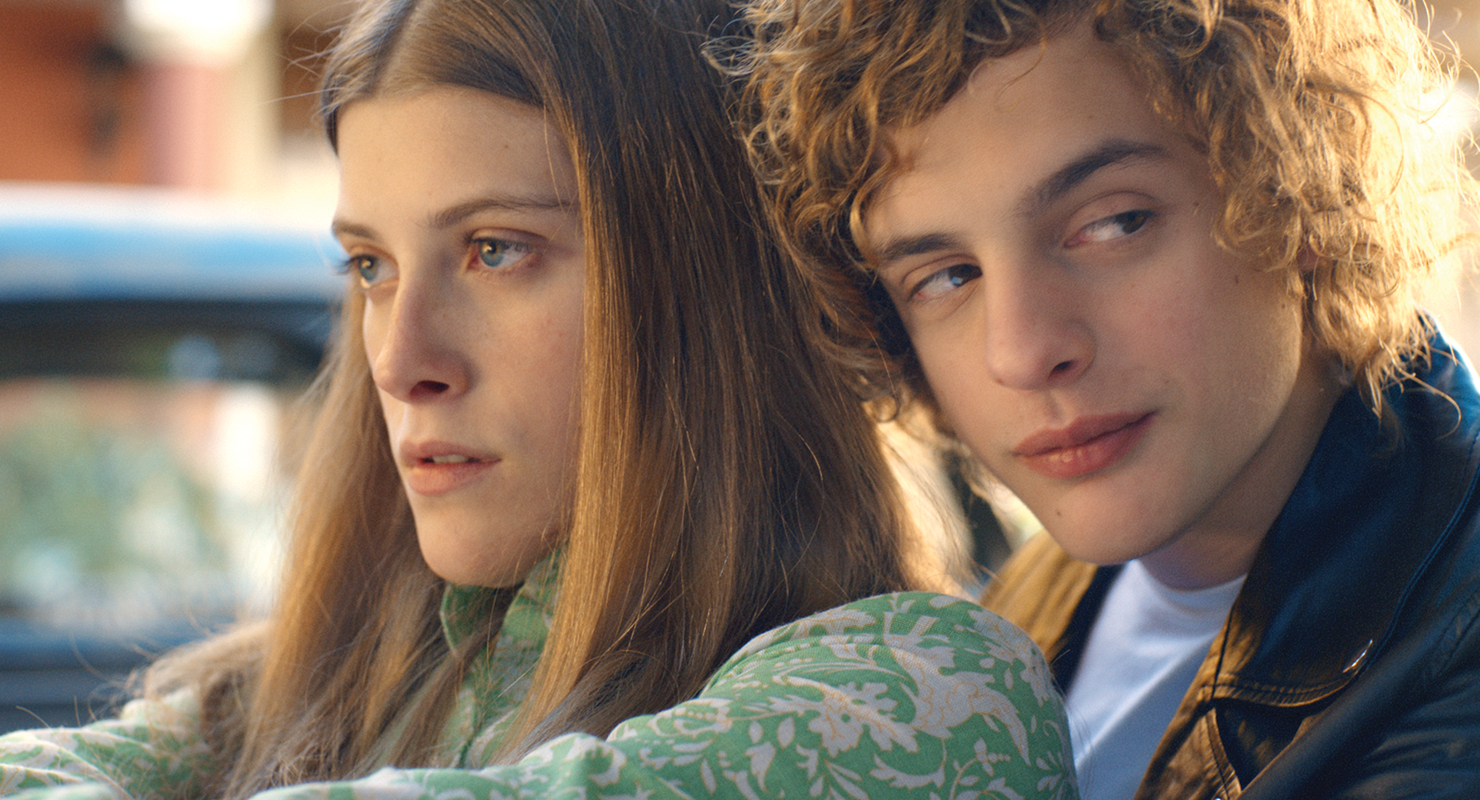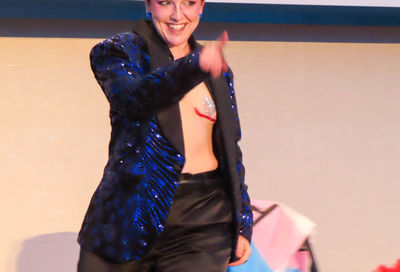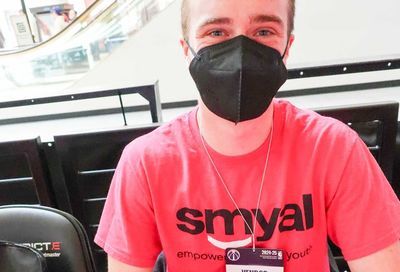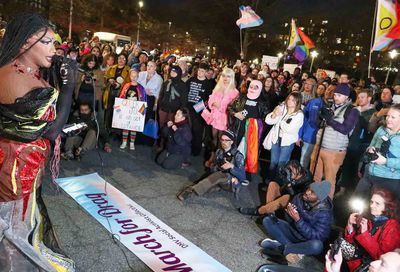Film Review: El Angel
Sexual tension permeates the true-crime tale of Argentina's most notorious serial killer in "El Angel"


Early in Luis Ortega’s gripping El Angel (★★★★), the modest, middle-class Puchs — mother Aurora (Cecilia Roth) and dad Héctor (Luis Gnecco) — recognize that 19-year old Carlos (Lorenzo Ferro) is a liar and a thief. His new motorcycle, he tells them, was simply borrowed from a friend. They know better, but still they have no idea what monstrous deeds their boy commits when he steals into people’s homes in the middle of the night.
Ortega’s film offers no pat explanation in the home life of this seemingly average ’70s Buenos Aires family. Aurora laments that she doesn’t know what to do to keep her son from running the streets, while Héctor lectures him on the value of honest work to acquire the things he wants. Carlos absorbs all their love and concern and is destined anyway to become a ruthless killer.
The script, by Ortega, Sergio Olguín, and Rodolfo Palacios, doesn’t stick strictly to the facts of Puch’s real-life crimes and, notably, changes the name of his leading accomplice. Yet, by avoiding the procedural trappings of a making-of-a-monster biopic, Ortega and company (including producer Pedro Almodóvar) concoct a dark character study that remains tantalizingly lighthearted, especially considering Puch’s nearly year-long rash of armed robberies, murders, and assaults.
The film revels in the beauty that concealed Carlitos’ ugliness. The upbeat soundtrack of classic Argentinian rock and pop and the colorful costume and production design emphasize a romantic take on the outlaw. That’s certainly the take on his relationship to Ramón Peralta (Chino Darín), the rough and handsome lad he meets at reform school who triggers the dangerous escalation in his life of crime. Ramón hails from a family of outlaws, along with his ex-con burglar dad, José (Daniel Fanego), and soused mom, Ana María (Mercedes Morán). The Peraltas immediately embrace Carlitos, propelling him on the spree that will cement his notoriety.
The gang’s crimes are unsettling, but the movie’s not gruesome. El Angel is no Gacy or Dahmer. He’s a passionate thief, and sometimes a jester, who speaks to his victims and at least acts friendly. He shoots without thinking, and kills without caring, declaring himself a man who lives for freedom. The film reflects his moods, deploying stillness and quiet, or blasts of violence and noise.
Ferro plays the character as a sunny sociopath, mysterious but approachable, and totally transparent in his attraction to Ramón. Actually, he and Darín play a mutual attraction, as Ramón eagerly uses his hold over Carlitos to maintain control in their relationship. Wielding the promise of being straight but a little bit interested, Ramón remains just beyond Carlos’ reach.
Darín smoldered in a similar game of will-they-or-won’t-they in his 2014 cinematic breakthrough Death in Buenos Aires, opposite Demián Bichir. He smolders here, too, but it’s Ferro who holds court as the movie’s wicked golden boy, gleefully breaking and entering, or riding his girlfriend Marisol (Malena Villa) around the streets of Buenos Aires on his stolen motorbike.
Marisol’s twin Magdalena (also Villa, in a seamless double-take) hooks up with Ramón and, briefly, it appears the two Jimmy Deans might be on their way to some form of a dual happy ending. But history intervenes, and El Angel’s wings are eventually clipped.

Ortega doesn’t waste time hyping up the public scandal or criminal infamy, or outside reaction to the film’s inner circle of Carlos, Ramón, and their parents. The focus is on the two families — the utter helplessness of the Puchs juxtaposed against the warped sense of pride and loyalty shared by the Peraltas. The film, dryly funny when it wants to be, mines much of its humor from the angst of Carlos’ clueless mom Aurora, and its funniest scene finds her dropping by the Peraltas to try to learn what it is their boys do with themselves at night.
Aurora is almost certainly more clever about her son than she lets on. The movie is clever about how it uses the central romance as a means of turning the monstrous Carlos into the hero of an unrequited love story. Ortega’s direction and Ferro’s performance might even make some believe in the goodness of this angel, before he coldly shoots his next victim right between the eyes.
El Angel is rated R, and opens at Landmark’s E Street Cinema on Friday, Nov. 16. Visit landmarktheatres.com.
Support Metro Weekly’s Journalism
These are challenging times for news organizations. And yet it’s crucial we stay active and provide vital resources and information to both our local readers and the world. So won’t you please take a moment and consider supporting Metro Weekly with a membership? For as little as $5 a month, you can help ensure Metro Weekly magazine and MetroWeekly.com remain free, viable resources as we provide the best, most diverse, culturally-resonant LGBTQ coverage in both the D.C. region and around the world. Memberships come with exclusive perks and discounts, your own personal digital delivery of each week’s magazine (and an archive), access to our Member's Lounge when it launches this fall, and exclusive members-only items like Metro Weekly Membership Mugs and Tote Bags! Check out all our membership levels here and please join us today!




















You must be logged in to post a comment.